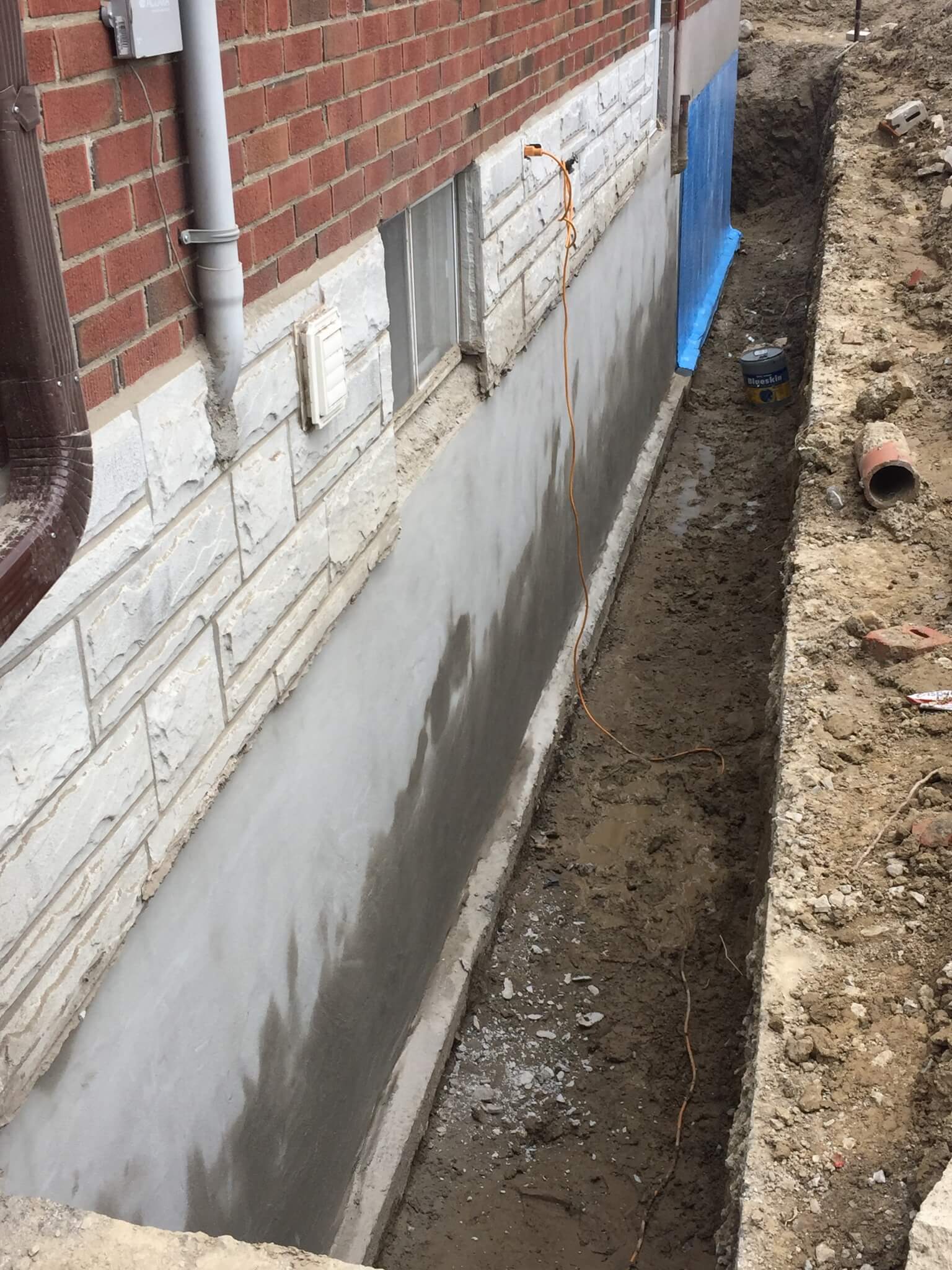Moisture protection is often an neglected aspect of home and construction maintenance, yet it plays a crucial role in safeguarding your investment and enhancing property value. When moisture infiltrates structures, it can lead to severe damage, expensive repairs, and reduced market appeal. For homeowners and landlords alike, understanding the importance of waterproofing is imperative for maintaining the integrity of a property and protecting its value over time.
In this article, we will explore how effective waterproofing techniques can not only avoid disasters but also lead to long-term savings and improved energy efficiency. From disproving common waterproofing myths to examining the differences between interior and outdoor methods, we will provide you with a comprehensive guide on how to best protect your property. By ensuring that your home is adequately waterproofed, you not only preserve its structural integrity but also attract potential buyers and boost its market worth.
The Importance of Waterproofing for Real Estate Worth
Moisture proofing is a critical element in maintaining and enhancing the value of any property. A moisture-proofed home or building is less susceptible to moisture damage, which can lead to expensive fixes and structural issues over time. When prospective purchasers evaluate a home, the condition of the cellar, roof, and siding can heavily influence their decision. A well-protected home shows to buyers that it has been cared for and is a smart investment.
Neglecting waterproofing can lead to serious lasting repercussions, including mold growth, weakened base structures, and weakened structural integrity. These problems not only reduce a home’s worth but can also create a adverse perception that extends beyond the physical space. Homeowners who prioritize moisture protection are more unlikely to face significant repair bills, making their investment more protected. This proactive approach can substantially improve a home's marketability.
Additionally, moisture proofing contributes to energy efficiency, as it helps to maintain a consistent indoor climate. Properties that are not as susceptible to moisture problems require less resources for warming and cooling, appealing to eco-friendly buyers. This twofold advantage of protecting the home and reducing energy costs creates a strong case for considering waterproofing as a means of increasing property value over time.
Affordable Waterproofing Options
In terms of waterproofing your spaces, affordability and effectiveness are crucial elements. There are a variety of affordable solutions to choose from that can help safeguard your residence from water damage at a reasonable price. For instance, applying waterproof coatings or sealants to your basement walls and ground can be an cost-effective method of preventing moisture infiltration. These products are created to be simple to use and can often be executed as a home improvement project, saving you on work fees while still ensuring a solid protective barrier.
Another affordable approach is to set up proper drainage systems on your land. Setting up French drains or downspouts can successfully redirect water away from your home's base, significantly lowering the risk of flooding and water damage. This forward-thinking approach not only improves the lifespan of your property but also elevates its value by promoting a dry and stable environment. Additionally, regular maintenance of drainage systems can avert larger, expensive repairs in the future.
For property owners looking to address waterproofing challenges in areas like washrooms or culinary spaces, using specialized waterproofing products tailored for these spaces can be both cost-efficient and efficient. Products like waterproof membranes and adhesives can form effective barriers against moisture. Furthermore, by selecting https://k12.instructure.com/eportfolios/978074/entries/3537421 over volume, and choosing reliable products, you can secure lasting protection that will eventually contribute to upping your property value.
Selecting the Correct Damp Proofing Method
Choosing the ideal waterproofing technique for your building can greatly influence its longevity and worth. Begin by evaluating the individual needs of your space, considering factors such as the environment, type of property, and prevailing moisture problems. For cellars, internal techniques like sealers and water removal systems may be appropriate, while outside options like films and coatings could be more effective for basement walls. Focusing on the unique characteristics of your building will assist guarantee you make an informed conclusion.
Then, weigh whether you would like a do-it-yourself approach or hiring a specialist. Understanding the advantages and disadvantages of each choice is essential. DIY approaches can save money, but they require time and skill, and poorly done work can cause more serious problems. On the other hand, contractor-based waterproofing can provide reassurance and guarantee, ensuring the job is done properly and efficiently. Weighing your own capabilities against the possible issues is essential in this decision-making process.
In conclusion, do comprehensive investigation on waterproofing materials. Seek out trustworthy and premium materials that match your climate and structure. Consider the company's standing and warranty offerings when deciding on products. A well-informed decision on materials will not only improve the effectiveness of your waterproofing efforts but also contribute to the overall strength and appreciation of your home in the future.

